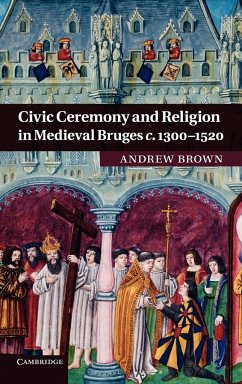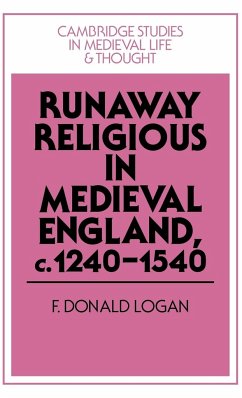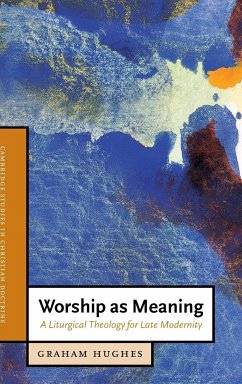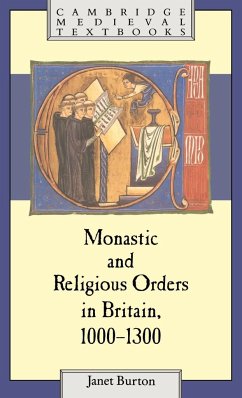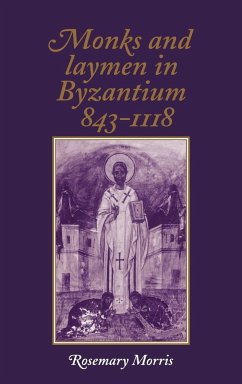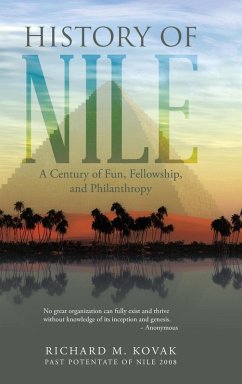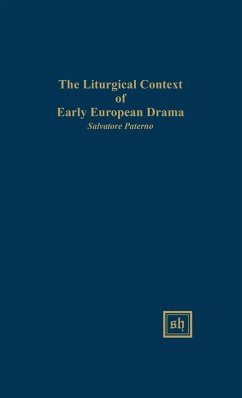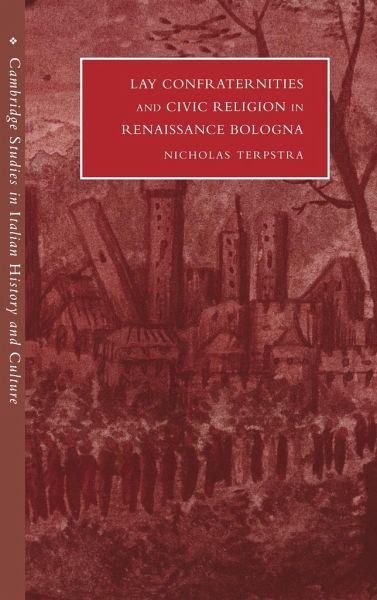
Lay Confraternities and Civic Religion in Renaissance Bologna

PAYBACK Punkte
63 °P sammeln!
This book analyses the social, political and religious roles of the confraternities - the lay groups through which Italians of the Renaissance expressed their individual and collective religious beliefs - in Bologna in the fifteenth and sixteenth centuries. These confraternities shaped the civic religious cult through charitable activities, public shrines and processions. This civic religious role expanded as the confraternities became politicised: patricians used the confraternities increasingly in order to control the civic religious cult, civic charity, and the city itself. The book examine...
This book analyses the social, political and religious roles of the confraternities - the lay groups through which Italians of the Renaissance expressed their individual and collective religious beliefs - in Bologna in the fifteenth and sixteenth centuries. These confraternities shaped the civic religious cult through charitable activities, public shrines and processions. This civic religious role expanded as the confraternities became politicised: patricians used the confraternities increasingly in order to control the civic religious cult, civic charity, and the city itself. The book examines in detail how confraternities initially provided laypeople of the artisanal and merchant classes with a means of expressing a religious life separate from, but not in opposition to, the local parish or mendicant house. By the mid-sixteenth century, artisans and merchants had few options beyond parochial confraternities which were controlled by parish priests.
Table of contents:
Introduction; Prologue; 1. The early quattrocento; 2. Lay spirituality and confraternal worship; 3. The mechanics of worship; 4. Communal identity, administration and finances; 5. Confraternal charity and the civic cult in the late fifteenth and early sixteenth centuries; Epilogue; Bibliography.
his book examines the confraternities, lay groups through which Italians of the Renaissance expressed their individual and collective religious beliefs. Intensely local and predominantly artisanal, the confraternities shaped the civic religious cult through charitable activities, public shrines and processions.
An analysis of the social, political and religious role of confraternities in Renaissance Bologna.
Table of contents:
Introduction; Prologue; 1. The early quattrocento; 2. Lay spirituality and confraternal worship; 3. The mechanics of worship; 4. Communal identity, administration and finances; 5. Confraternal charity and the civic cult in the late fifteenth and early sixteenth centuries; Epilogue; Bibliography.
his book examines the confraternities, lay groups through which Italians of the Renaissance expressed their individual and collective religious beliefs. Intensely local and predominantly artisanal, the confraternities shaped the civic religious cult through charitable activities, public shrines and processions.
An analysis of the social, political and religious role of confraternities in Renaissance Bologna.






